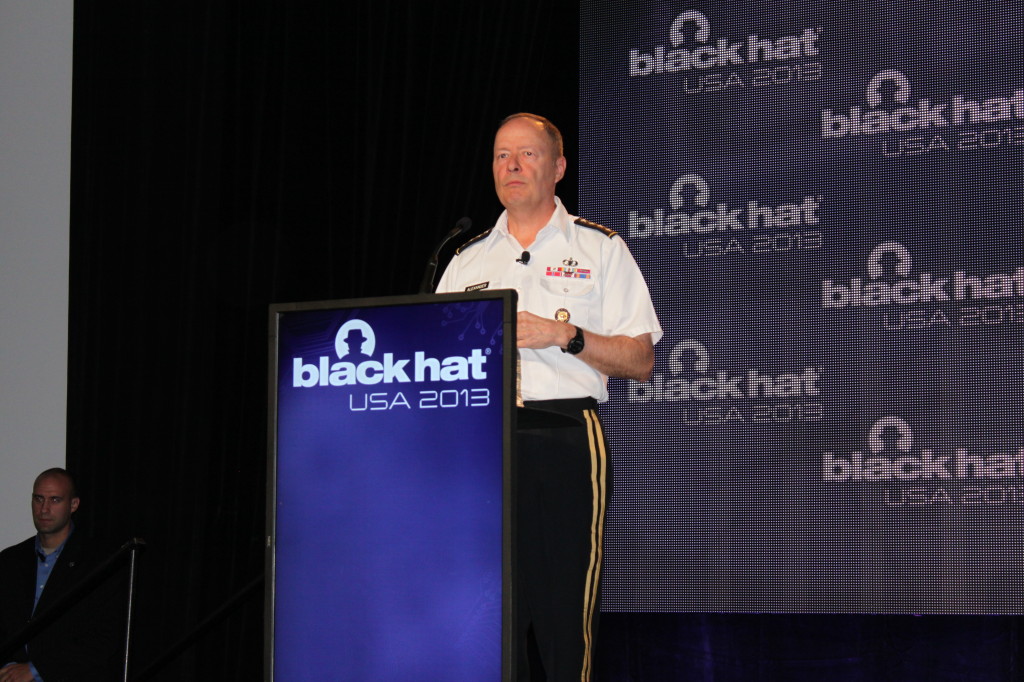It’s ironic that government surveillance might push the public to embrace technology pioneered by the Department of Defense. But so it is: new metrics from The Tor Project show that use of the online anonymity service has exploded since early June: up more than 100 percent, from just over 500,000 global users to more than 1.2 million. Why the sudden surge in privacy conscious Internet users? It would be easy to connect the dots between revelations about the U.S. government’s omnibus data gathering program PRISM and the sudden desire of Internet users to sacrifice some speed and performance for the privilege of having their online doings passed through The Onion Router. Still, it’s not clear that this is the case. To be sure: growth is being seen across the board, not just in active users, but in the number of ToR clients running, the data suggests. There are steep increases […]
Cyber Warfare
Podcast: Made In China, Secured In The U.S.
We’ve written a lot about the threat posed by nation-state sponsored hackers to U.S. corporations and the economy. So-called “advanced persistent threat” (or APT) style attacks against corporate and government networks have been linked to the theft of sensitive data and intellectual property. Difficult as it is to stop APT attacks against networks, it’s even more challenging to identify threats one-step removed from direct attacks. Lately, attention has shifted to vulnerabilities in the supply chain of companies selling networking gear, servers and other critical IT components. Concerns about corrupted products from foreign suppliers were enough to prompt the U.S. Congress to hold hearings focused on the threat posed to government agencies by Chinese networking equipment makers like Huawei and ZTE. In this week’s podcast, The Security Ledger talks with Jerry Caponera, of Cyberpoint International. Cyberpoint is a Baltimore, Maryland firm that sells Prescient, a service that verifies where true vulnerabilities exist […]
Privacy: From Right To Fight
As more and more of our public and private spaces are equipped with remote sensing and surveillance technology, personal privacy – at least as it has been understood for the last two or three centuries – is endangered. The solution, of course, is through improved privacy legislation and, perhaps, a more expansive reading of the U.S. Constitution’s 4th Amendment protecting against search and seizure. But, with policymakers in Washington D.C. stuck in a rut, and many EU nations as hooked on surveillance as the U.S., the onus falls to individuals to do what they can. That’s the subject of my latest column for ITWorld, where I talk about what is likely to be the next stage in our society’s rapid evolution on matters of privacy and security, what I’ve termed “The Jamming Wars.” Like other social movements, this will be fueled by a growing rift between the law and a […]
Podcast: The Art Of Hiring Hackers
The Black Hat and DEFCON security conferences wrapped up last week in Las Vegas. Most of the media attention was (naturally) focused on the content of the presentations – including talks on the security of consumer electronics, automobiles and, of course, on the privacy implications of the recently revealed NSA surveillance program PRISM. But for the companies that pay money to send staff to these shows, the content of the talks is only one draw. Black Hat and DEFCON also serve a lesser known, but equally important role as magnets for some of the world’s top talent in obscure disciplines like reverse engineering, vulnerability research, application security analysis and more. Come August, any organization with a dog in the cyber security fight (and these days, that’s a lot of organizations) is in Las Vegas for a chance of meeting and hiring that top cyber security talent. What do companies that […]
U.S. Cyber Chief Says “Trust Us” On NSA Spying
The head of the U.S. Cyber Command, Four-Star General Keith Alexander, told an audience of skeptical and sometimes hostile security experts and hackers that they should have faith that the U.S. National Security Agency (NSA) isn’t abusing its access to cell phone meta data and other online communications in its pursuit of terrorists who “live among us.” Speaking before a packed audience that included some of the country’s top computer security and privacy experts, Alexander spoke in measured tones about PRISM, the omnibus data collection program that was exposed in documents leaked by a former Booz Allen Hamilton contractor, Edward Snowden, saying that it had directly led to the disruption of 53 of 54 discrete “terrorist related activities” in the U.S., Europe, Asia and Africa since the September 11, 2001 terrorist attacks on New York and Washington, D.C. Adopting images and a tone common in the years immediately following 9/11, […]




